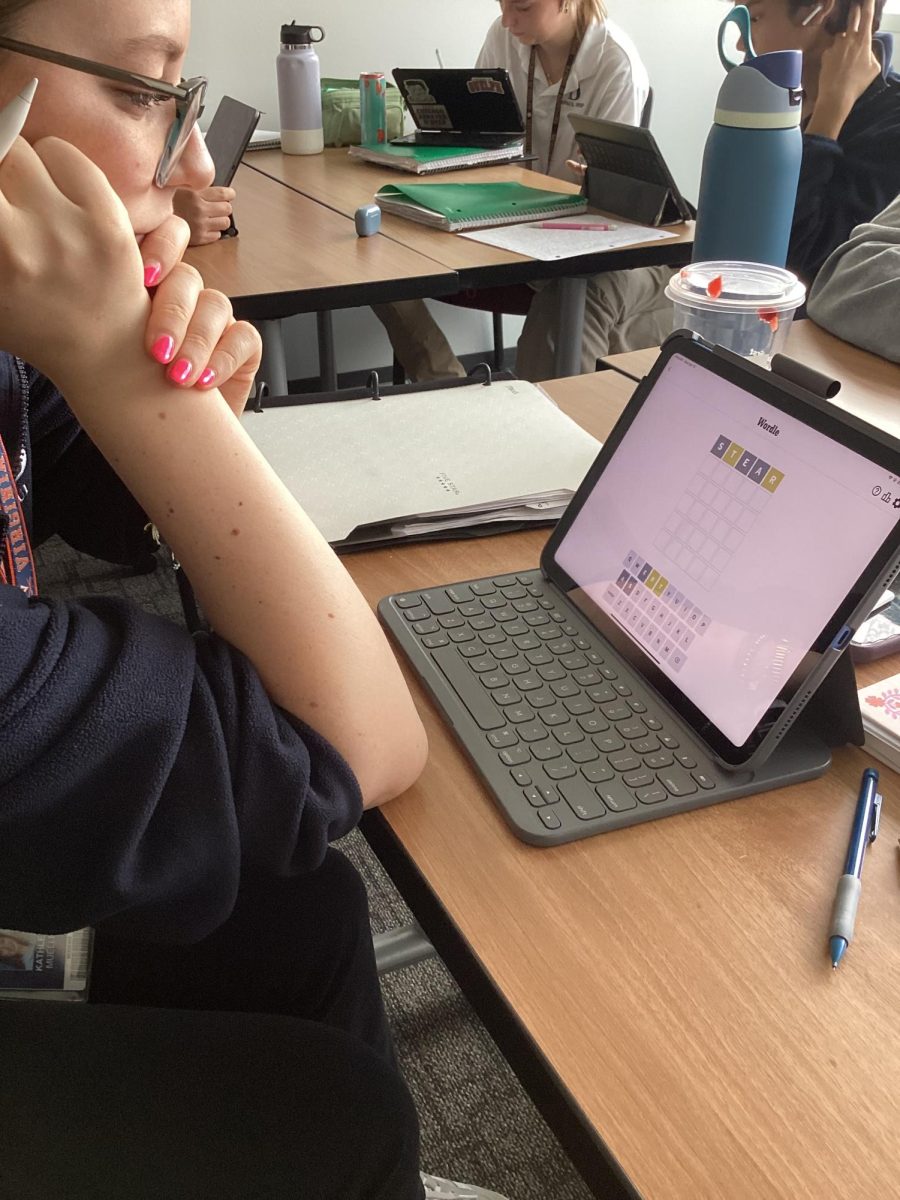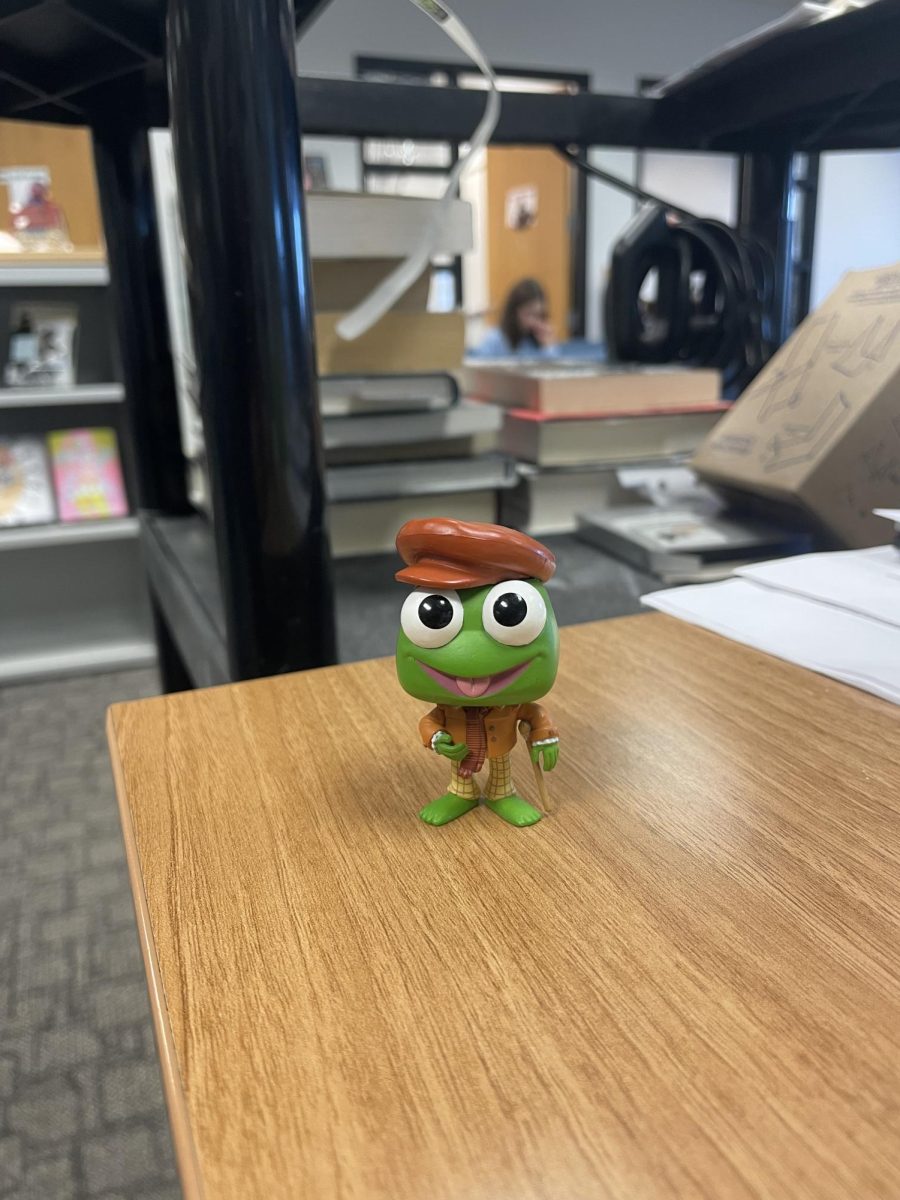Daily games released by the New York Times have become routine in the days of many. Since Wordle, a game where players guess the letters of the day’s five letter word, was launched in October 2021 and became a social media phenomenon, more New York Times games have gained popularity. Games like Connections, where players sort words into four categories, and the mini crossword have become points of daily discussion for students and teachers at DePaul Prep.
History teacher, Edward Spillane, plays these games as he gets ready for work each day. “Frequently, they’ll be a talking point with at least a couple of students across my classes,” he said.
Spillane stated that he often finds students playing these games throughout the school day, but that he doesn’t necessarily view this negatively. He explains that he prefers to see students using their iPads to play educational games rather than games like Madden and Brawl Stars.
“They’re a good academic distraction. It promotes collaboration between students when they work on them together. For the most part, it’s a healthy use of technology by young people to interact,” he said.
Not only do students collaborate with each other while playing the New York Times games, but with teachers as well. Spillane added, “I also like beating the students at their games. I have a long running Wordle war with senior Brynn Wilson that I’m winning by a significant margin.”
Wordle’s feature to copy and paste your results into a text message makes it easy to connect with others over the games. Senior Hannah Lefebvre shared that the Wordle was something her and her extended family used to talk about often. “My family had a group chat where relatives would share their Wordle Score. Even my uncles and grandma would send them every day,” she said.
The games have gained popularity amongst the country and DePaul Prep community due to their length and ability to get players thinking. A new round of each game is released daily and players aren’t able to complete more than one.
Lefebvre only began playing the games when she saw them on Tik Tok, but now plays them nearly every morning. “I usually play them in the morning, because they help to jog my brain,” she said.
Lefebvre notices the benefits the games have provided her and even feels that the Connections has taught her to think in a different way.
Freshman Ivy Lisnich has had a similar experience playing the daily games. “I think New York Times games are beneficial, because they teach me new vocabulary,” Lisnich said.
The New York Times recently released a new prototype of a game called Strands, where players draw lines between letters to form words under a category they must discover. As more games like this are introduced, there is no doubt their popularity will only continue to grow.








